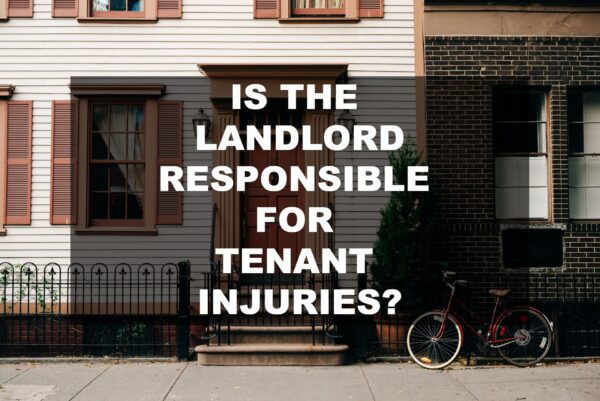
Conflicts between landlords and tenants are not that uncommon in today’s society. Disputes can result from a negligent landlord failing to maintain the rental property or a tenant continually paying rent late each month. Overall, issues concerning lease violations, tenant rights, fair housing, or who may be responsible for repairs to the property can generally be worked out with a little civility and common sense. Taking a dispute to court should be the last option between the landlord and tenant.
However, situations may arise in which a negligent landlord lawyer should be consulted. If a landlord is knowingly ignoring or violating housing codes that resulted in you or a family member suffering an injury, it could be the bases for a lawsuit. Landlords who have neglected a request for repair can face serious penalties. All rental properties must be maintained to a standard of habitability that follows each local, state, and community housing code. A warranty of habitability is implied for each rental property, meeting an expectation for residency that will not put the health or safety of tenants at risk.
Landlord Responsibility and Liability
Even before an injury occurs, tenants should report all necessary repairs to their landlords in writing, such as an email, and keep a copy of the request. Once a landlord has been notified by the tenant that repairs are necessary on the property, the landlord has to arrange for immediate repairs. Common repairs landlords are responsible for that can affect a tenant’s safety or health are:
- mold
- rodent invasion
- broken steps
- holes in walls or leaking roofs and windows
- malfunctioning smoke and fire detectors
- broken water heaters
- faulty electrical wiring
If there is no immediate threat to a tenant’s safety or health, a landlord must act to address and complete the necessary repairs within a reasonable time, generally considered 30 days. A negligent landlord, one who fails to act, can face fines from such agencies as the building safety office, the health department or other city or county offices.
Is Your Landlord Not Making the Necessary Repairs to the Property?
Landlords have a duty to maintain the common areas in buildings, too, or make tenants aware or post warnings of ongoing repairs or hidden dangers on the property. To prove a landlord is negligent for an injury on a rental property a tenant must show that the landlord’s negligence in maintaining the property led to and caused the injuries. It must be the direct cause of the injury that occurred.
Injured victims of a negligent landlord must prove that the landlord failed to act reasonably to fix a dangerous condition that could result in a foreseeable accident. Certain factors help shape an evaluation of reasonableness or what is foreseeable.
- Was the landlord in control of the place where the accident occurred or the object that caused the accident?
- Did the landlord have a duty to fix the dangerous condition in a reasonable amount of time and ignore it?
- Was it more than likely that the accident could occur given the circumstances, one where serious injury was foreseeable?
- Were the repairs reasonably inexpensive to reduce the risk of an accident and the landlord still took no action?
If the answers to these questions are in your favor, you will have to prove them to hold a negligent landlord liable: that the landlord had reasonable time to fix a problem on the rental property that could lead to a foreseeable accident that resulted in an injury. If proven, the landlord can be held liable for your injuries, and any resulting loss of time and wages, emotional anguish and even relocation costs if required.
Have You Suffered an Injury Due to a Negligent Landlord?
For every rental property, Maine law gives tenants an implied warranty of habitability. The landlord must keep your home, whatever type of dwelling that may be, safe and fit to live in. If you’ve been hurt on your rental property as a direct result your landlord’s negligence, and the injury has caused you to miss work, burdened you with medical expenses, and disrupted your quality of life, consult with a negligent landlord lawyer at the law offices of Hardy, Wolf & Downing for a free case evaluation and to find out what options are available to you to seek justice.

